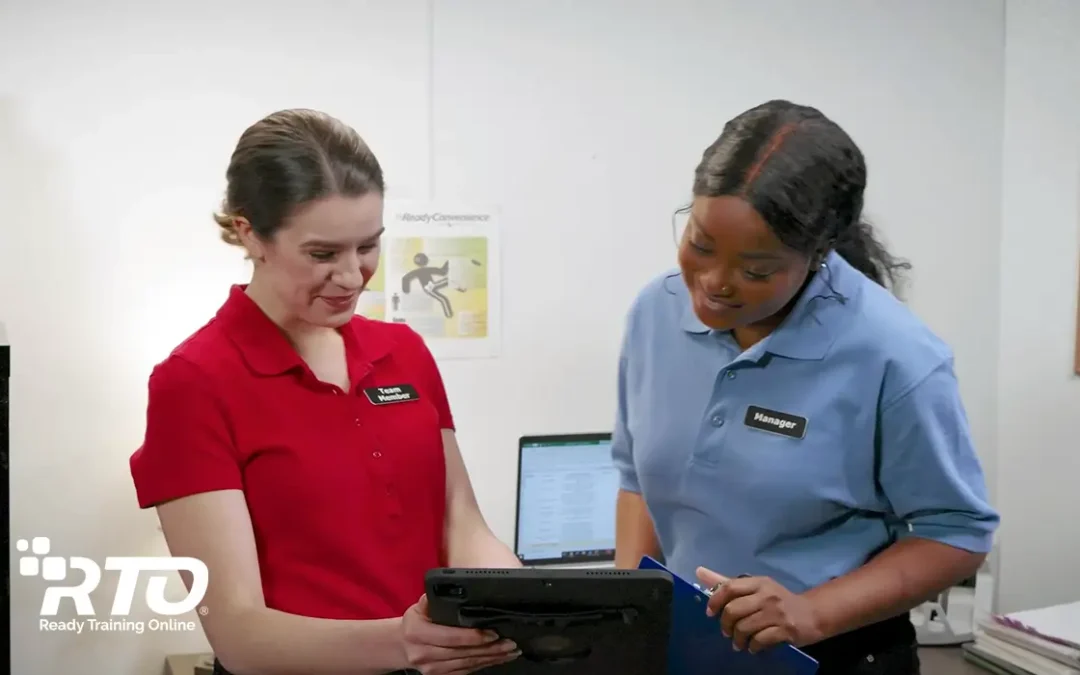Your convenience store may feel like a small neighborhood store, but if you process money orders at your location, you’re part of a currency system with global connections. The sale of money orders is an important service to offer your customers and it’s one that comes with great responsibility for you and your employees. Federal laws that regulate the sale of money orders are intended to prevent crimes associated with money laundering, including terrorist activity, drug trafficking, and fraud. Providing your staff with anti-money laundering training will help ensure your operation is in compliance with federal guidelines.
What is money laundering?
Money laundering is the process of concealing and disguising the nature, location, source, ownership, or control of illegally obtained money by converting it to funds that appear legitimate. Criminals may try to use money orders to provide a cover for their illegal sources for income. If you don’t have the right anti-money laundering training in place, your operation could become an unwitting accomplice to a money laundering scheme. Any business that provides money orders, traveler’ checks, check cashing, or currency exchange is considered a Money Services Business (MSB) and must follow federal regulations.
How do federal laws stop money laundering?
The Bank Secrecy Act of 1970 requires you to record and report certain transactions. You are also subject to Anti-Money Laundering laws and regulations, including the Patriot Act of 2001, enacted to deter, prevent, and apprehend money launderers. In addition to specific rules about the amount of money involved in a transaction, the regulations require that all suspicious activity transactions must be reported. Failure to follow these procedures could result in federal fines for the company and disciplinary actions for employees, up to and including termination.
What is suspicious activity?
Employees must immediately report any and all suspicious activity relating to the sale of money orders to their manager or supervisor for documentation. Here are just a few examples of what would be considered suspicious activity:
- A customer appears to be “structuring” transactions to exceed amounts that would trigger a red flag.
- A customer deliberately changes the spelling of his name on multiple transactions.
- A customer offers bribes or threatens an employee.
- A customer uses a false ID or refuses to provide valid ID, if required.
- Two or more customers use the same or similar ID, if required.
- The customer has a known criminal background and engages in substantial transactions.
How can I protect my employees and my business?
Effective anti-money laundering training is key to staying in compliance with federal regulations. Look for training that includes:
- A consistent delivery method, such as an online program.
- Assessments and tracking that show successful completion of the course for all your employees.
- Easy-to-understand information about what money laundering is and the laws aimed to prevent it.
- Specific examples of structuring and suspicious activity.
- Instructions on how to fill out a Suspicious Activity Report (SAR).
Convenience Store Training
The right training prepares your employees for the challenges they face on the job. Our convenience store training programs teach the skills your employees need to succeed.





